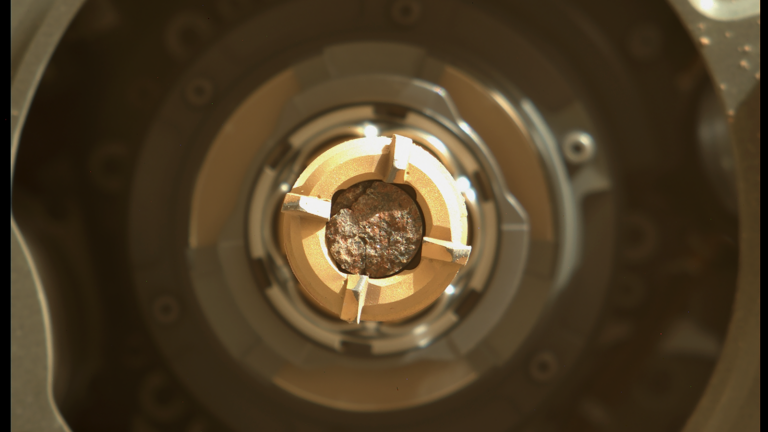Stay Up to Date
Submit your email address to receive the latest industry and Aerospace America news.
United States environmental law wisely gives the public an opportunity to comment about government initiatives that could affect our health and safety. That includes the NASA-European Space Agency proposal to bring samples of Martian dust and rocks back to Earth for analysis. Our story about the public comments, “Calls grow for a safer Mars Sample Return,” got me thinking about how much uncertainty policymakers should be willing to accept and in which scenarios.
When it comes to predicting outcomes, the University of Pennsylvania’s Philip Tetlock, the father of “superforecasting,” has noted the “power of preconceptions to shape our perceptions.”
In other words, our preconceptions can corrupt our ability to forecast outcomes accurately. We hear about a monkeypox outbreak after two years of the covid pandemic, and some of us reflexively brace for the possibility that this will be the next big one. We hear about a plan to bring pieces of Mars home, and some of us sound the alarm over the possibility of bringing deadly pathogens back with them.
These seem like classic examples of what Tetlock, in the context of world affairs, has called “pseudo-diagnostic news to which the crowd overreacts.”
I would agree that our heightened sensitivity won’t improve our ability to accurately predict whether Mars Sample Return will in fact harm any of us. The risk is probably small, but our sensitivity to the possibility is not an overreaction. The covid experience has likely focused more of us on the unknowns about Mars and the risk those entail. Even Tetlock’s superforecasters, after all, are not perfect at predicting outcomes. The stakes of a prediction being wrong should loom large in the policy realm. If you think climate change is a hoax, and you are wrong, the planet is ruined. If those on the other side are wrong, we have a cleaner planet. This is how uncertainties should be judged.
Luckily, the wisdom of the crowd is pointing us at a way around the Mars Sample Return impasse: Collect the samples at a space laboratory of some kind and study them there, safely away from Earth. It won’t be easy, but it will be safest.
About Ben Iannotta
As editor-in-chief from 2013 to March 2025, Ben kept the magazine and its news coverage on the cutting edge of journalism. He began working for the magazine in the 1990s as a freelance contributor. He was editor of C4ISR Journal and has written for Air & Space Smithsonian, New Scientist, Popular Mechanics, Reuters and Space News.
Stay Up to Date
Submit your email address to receive the latest industry and Aerospace America news.




